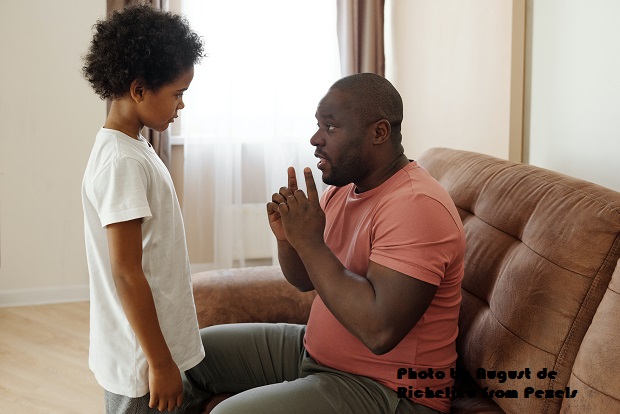Better Ways to Say "No" to Students
Do you struggle with your conscience whenever you have to say No to young students? On average young children have to listen to "No", don't do this, Leave it, etc. phrases 20-30 times a day. This has a negative impact on a child's psychology and makes him reluctant to do a lot of things as he grows up.
Here are the best and polite ways you can say No to students when they are wrong.
1. Saying No to a demand
Most often we have to say No to the unnecessary demands made by students. This can be done by explaining the negative impact of it to the student. The best way to do it is by giving a practical demonstration to the student. Let's face it nothing is better than actually feeling the consequence of the action that you take. If the demand is unnecessary and cannot be practically demonstrated like buying a car or getting an elephant, an explanation is necessary pointing out the needlessness of the demand. The most important aspect here as a teacher or a parent is that you should consider the demand before actually shunning it out. Many times as parents and teachers we completely disregard the demand without even considering it. One must always be conscious whenever you say No to anything.
2. Saying No to an Action
Many times young students say involve I actions which can harm them or others physically or emotionally. This can include bullying, or physically harming the other student, or even getting on a swing while standing which can hurt the student himself. In such situations, you should immediately point out the outcome of the action, the kind of harm it can cause to him or his fellow students. In case student is stubborn a practical demonstration can be considered. Let's face it nothing speaks louder to humans than touch and feel. But keep in mind this is only the last resort and should only be considered once you feel there is no other way to explain.
3. Best phrases to politely say No
Nothing is rude than a blunt "No" in the face. Instead here are some ways to say No to students.
- I would love to but I can't:- This can often be used when you are caught up and don't want your student to feel bad.
- Did you think about it? :- Did you think about it when you were doing this thing. This can often be used to suppress your agitation and anger and provide your student with an opportunity to think about what he/ she has done.
- Use " I" instead of "You":- We often use phrases such as what have you done, why are you doing this, instead of addressing him be together in the situation and use "we". "We have to make it correct", "why did we do this?"
- "Can we do it some other time":- I would love to do it but I can't right now, can we do it some other time? This is the best phrase to use when you are busy and want to do the task some other time.
- Negotiate: - Negotiation is a technique best learned as a student. According to some great authors, we negotiate all the time. Provide an alternative to the student. " I can't do this but can we do this thing instead". This can get you out of the deadliest situations imaginable. You can, as a teacher or a parent provides your student with a barter, "I'll do it but you have to this for me" or I'll get you this but you need to do this instead. This creates a sense of responsibility and the "Nothing is free in Life" concept in the minds of students.
- Empathize:- Empathy is something you need to inculcate at a very young age in students. As teachers if you do not empathize with the students, how can you expect your students to be empathizers as they grow up? Empathize with students as they make mistakes correct them, with empathy. Phrases like" We will get out of it together", "we have to find out a way", can go a long way.
About the author:
Laura C Fields is an an owner of Bestessayservicesradar.com with online essay writing services reviews, ready to help students identify the best websites in essay writing and assignments. She has created her website to help students choose an essay writing services, which are safe and qualified. If you look for the answers to questions "Is EssayBox cheating?", "is Paperhelp safe?" etc., she can help you with that.
Search Internet4Classrooms

Custom Search






